A news item on CORDIS, the online portal for EU Research & Development projects, highlights an observation by the KM3NeT experiment, which was recently published in the journal “Nature”. Details can be found on CORDIS: “Underwater telescope detects highest energy neutrino ever“.
HELIUM25 Workshop – Abstract Submission and Registration Open
The workshop “HELIUM25 – Helium burning and perspectives for underground labs” is hosted at Helmholtz-Zentrum Dresden-Rossendorf and aims to bring together experimentalists, theorists, and astrophysicists to address open questions for the study of helium-burning reactions.
July 24, 2025, will be dedicated to a career development day, with talks and discussions on diverse career paths, scientific publishing, and grant writing. This event will be open both in-person and online.
A list of confirmed speakers and tentative program are available on the workshop website. Information is also available in the first circular.
Participant registration is open. Abstract submission and applications for financial support are requested until May 12, 2025.
“Stelle sulla Terra”: Nuclear Astrophysics Outreach made Accessible
ChETEC-INFRA supports the project “Stars on Earth – Inclusive dissemination paths of Nuclear Astrophysics”. Founded at the Department of Physics and Astronomy of the University of Padua, the project pursues the goal to broaden the target audience of scientific dissemination activities through the development of inclusive methods of communication, adopting techniques to improve accessibility of scientific outreach for people with disabilities, in particular for people with visual or hearing impairments.
The topic of Nuclear Astrophysics fascinates scientists and the general public alike: The chemical elements that constitute the world around us were created in stars. Surprisingly, to study the origin of the elements does involve laboratories not in space, but on Earth – some of them even located underground to be shielded from disturbances reaching the Earth from space. The project includes the development of several integrated tools, such as the creation of a tactile scale model of the new Bellotti Ion Beam Facility (located in the underground laboratories of Gran Sasso), which are accompanied by activities and multimedia material for further information.
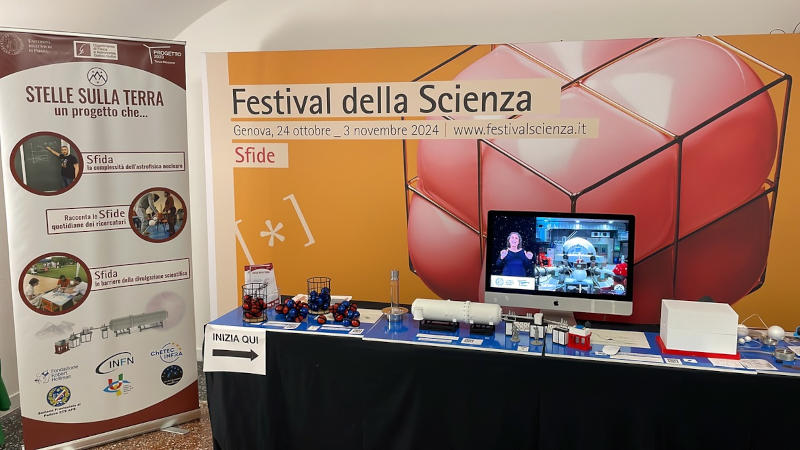
More information on the project (including a video with English subtitles) can be found at: https://www.dfa.unipd.it/stellesullaterra/
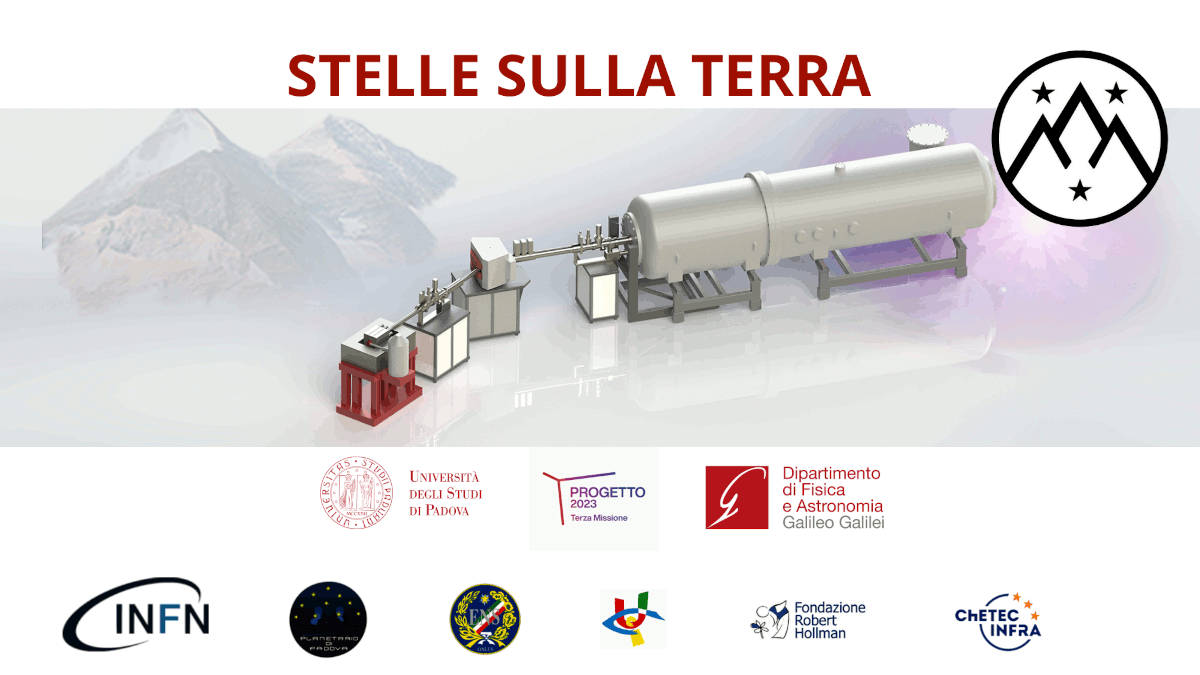
Registration Open for 2nd ChETEC-INFRA Observational School
We are delighted to announce the 2nd ChETEC-INFRA Observational School (“ChINOS2”). This school will bring together Master’s students, PhD students and young postdocs who want to learn about the thrills and challenges of stellar spectroscopic observations, analysis and interpretation from experts in the field.
To this end, we have secured 4 half nights with the Nordic Optical Telescope, which we will operate remotely from Prague. Lectures and hands-on sessions will cover observation preparations including archival searches (e.g. HST, Gaia), spectroscopic data analysis with webSME, stellar atmospheric modelling (classical, 3D and NLTE), chemical evolution modelling, scientific writing (tbc). Students will develop their own stellar science project in small teams.
The school is supported by the German Center for Astrophysics and ChETEC-INFRA.
Registration is now open on the School Web Page, available until April 30.
Interdisciplinary Physics of the Sun
Spanish‐German WE-Heraeus-Seminar
Date: 29 Jun – 04 Jul 2025
Location: Physikzentrum Bad Honnef, Germany
Scientific organizers:
Prof. Dr. Daniel Bemmerer, HZDR Dresden‐Rossendorf • Prof. Dr. Markus Roth, Thüringer Landessternwarte Tautenburg • Dr. Aldo Serenelli, ICE, CSIC Cerdanyola del Valles/E
The physical understanding of our Sun is in many ways foundation science. Its applications range from the Sun as a calibrated neutrino source, as a laboratory for reactions and decays of light nuclei under plasma conditions and for magnetohydrodynamical processes, to its function as a benchmark for stellar models: Stellar structure, evolution, and seismology can be precisely tested against data from the well-observed Sun. Advanced telescopes and space missions aided by theoretical modelling study the processes that are involved in the continuous reconfiguration of the Sun’s magnetic field on the surface and the atmosphere. A continuous solar wind of particles fills interplanetary space, while coronal mass ejections lead to solar storms, posing risks to technology in near-Earth space or on ground. A large number of space missions have advanced our knowledge on the Sun and its influence on the planetary system. Scientists in Germany and Spain have for many years been at the forefronts both of the physics of the solar core (neutrinos and nuclear reactions) and phenomena from the solar interior via the surface to the solar wind. However, these research fields have developed and prospered largely in parallel, with limited interaction.
The present workshop aims to bridge this gap and assemble a core group of scientists working on all physical aspects of the Sun. The main concepts of each branch of solar research shall be laid out in dedicated lectures. There shall be ample space for free discussion, with the aim of discovering new interdisciplinary research avenues to address the Interdisciplinary Physics of the Sun.
The conference language will be English. The Wilhelm and Else Heraeus-Foundation bears the cost of full-board accommodation for all participants.
Conference Web Page: https://www.we-heraeus-stiftung.de/veranstaltungen/interdisciplinary-physics-of-the-sun
Professor Evgeni Hristov Semkov
The ChETEC-INFRA scientific community and consortium announce with great sadness the passing of its General Assembly member and PI of the ChETEC-INFRA infrastructure at the Rozhen telescope, Professor Evgeni Hristov Semkov, on December 29, 2024, after a brief illness.
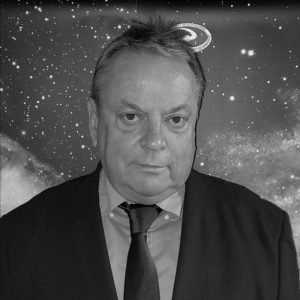
Evgeni Semkov graduated from Sofia University “St. Kliment Ohridski” in Bulgaria with a degree in astronomy. He earned his PhD in 1994 and his Doctor of Science (DSci) degree in 2023. His main research focus was the study of young stellar objects, and he successfully supervised four PhD students in this field.
From 2016 until his passing, Prof. Semkov served as the Director of the Institute of Astronomy with the National Astronomical Observatory (NAO). During his tenure, he spearheaded the construction of a new 1.5-meter telescope at NAO-Rozhen, a major scientific infrastructure project under the National Science Infrastructure Roadmap, which is now fully operational.
Prof. Semkov’s outstanding contributions to science were widely recognized. He was honored with the Award for High Scientific Achievements during the competition commemorating the 145th anniversary of the Bulgarian Academy of Sciences and received the prestigious 2024 Pythagorean Prize. In the same year, he was elected a Corresponding Member of the Bulgarian Academy of Sciences, marking a significant acknowledgment of his exceptional scientific accomplishments.
Prof. Semkov was deeply committed to the field of astronomy. Known for his openness to new ideas, readiness to assist others, and unwavering support for young scientists, he was a beloved figure in the astronomical community. With his passing, Bulgaria has lost one of its most prominent representatives in the field of astronomy.
ChETEC-INFRA extended and Bellotti Ion Beam Facility formally added as Transnational Access Facility
The European Union has informed the ChETEC-INFRA consortium that based on our request, the project duration of ChETEC-INFRA is extended to 54 months, with a new formal end date 31 October 2025. The total amount of funding does not change.
Also, the Bellotti Ion Beam Facility (Gran Sasso LUNA-MV) has now formally been added to ChETEC-INFRA. Bellotti is the 14th infrastructure providing transnational access through ChETEC-INFRA. We welcome Matthias Junker and the entire Bellotti team to ChETEC-INFRA!
We look forward to serving nuclear astrophysics and its infrastructures and scientists.
Nuclear Physics in Astrophysics Conference NPA-XI in Dresden
Past week the 11th edition of the Nuclear Physics in Astrophysics conference series, in brief NPA-XI, concluded successfully in Dresden, Germany. There was a record number of 191 academic participants (126 PhD scientists, 53 graduate students, and 12 undergraduates from the local university). Participants came from 18 EU+ countries and 10 countries in the Americas, Asia, and Africa. More than a third of the participants were from Germany, and there were six or more scientists each from Italy, the United States, the United Kingdom, France, Hungary, Belgium, and Poland. The gender makeup was in line with the statistics of the field overall, with 28% female participants and 36% of the invited talks given by women.
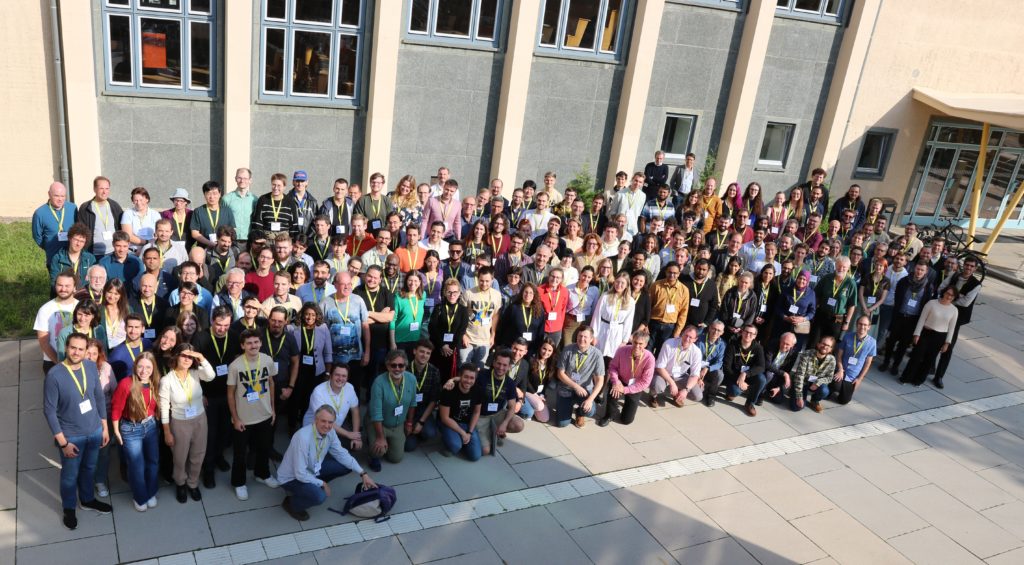
In altogether 33 invited and 48 contributed talks, all of them in the plenum, and 80 poster contributions, participants summarised the state of the art in nuclear astrophysics and related fields. Both the contributions overall and the individual sessions were balanced between experiment, theory, and observation. Most poster presenters used the opportunity to present their work in a one-minute poster pitch in the plenum. Due to the generosity of the European Physical Journal A and the NuPECC committee, altogether four poster prizes with 200-400 € financial award each were selected amongst the many excellent posters.
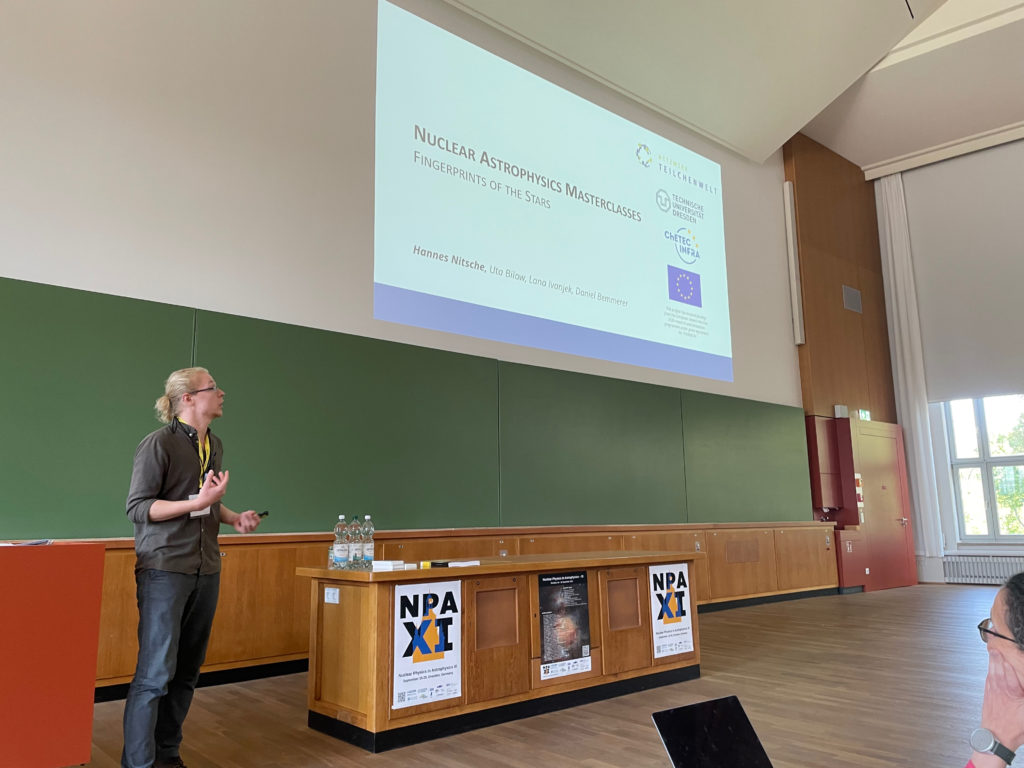
Topics discussed included the observed and predicted elemental compositions of the earliest stars, neutron capture nucleosynthesis including its outputs and scenarios, the observation and interpretation of multi-messenger events, a proposed new nucleosynthesis process, gravitational waves, and advanced laboratory experiments. The high share of young participants (in addition to 53 PhD students, there were 14 postdocs with less than two years after the PhD and even 12 undergraduates – altogether 41%) is encouraging given the fact that there is still much to study and learn regarding the synthesis of the chemical elements in the cosmos.
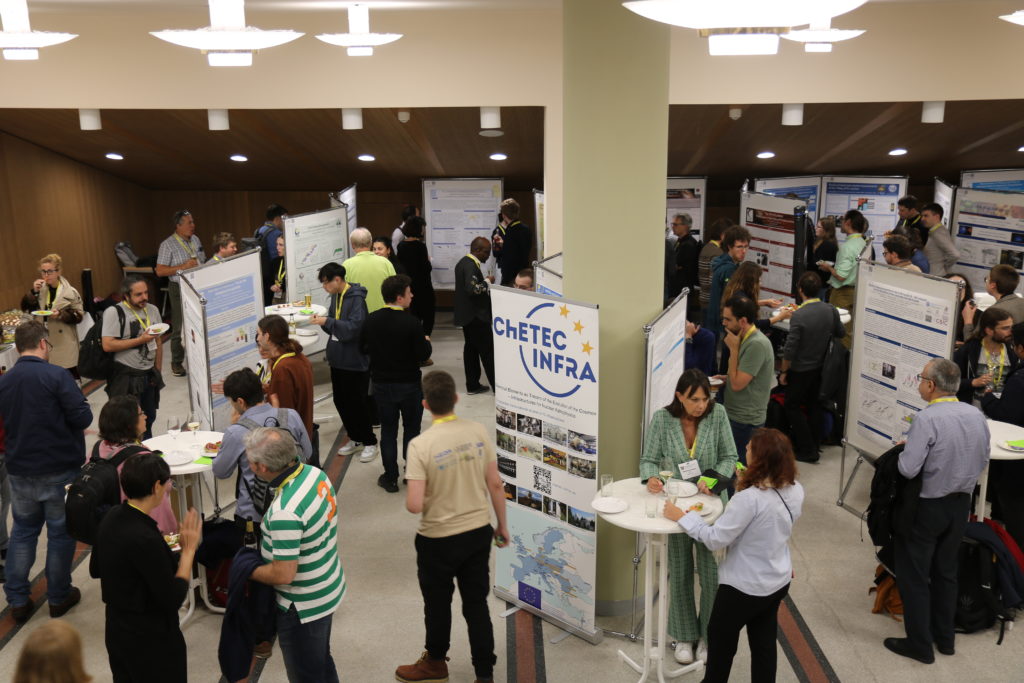
The conference was co-organised by the Dresden-based institutions HZDR, TU Dresden, and DZA Deutsches Zentrum für Astrophysik, in close partnership with regional partners from the University of Wroclaw, the AIP Leibniz Center for Astrophysics Potsdam, and the Museum für Naturkunde Berlin. Two of the founding fathers of nuclear astrophysics agreed to contribute: Professor Friedel Thielemann from the University of Basel gave a public outreach talk in German for the general public. Professor Roland Diehl from MPE Garching summarised the state and outlook of the field in a dinner speech, given not as originally planned aboard a steamboat on the river but due to flooding simply in a restaurant. Four company exhibitors from fields as diverse as instrumentation, publishing, and accelerator construction contributed to the innovation aspect of NPA-XI.
NPA-XI is part of a series of conferences taking place every two years, under the auspices of the Nuclear Physics Division of the European Physical Society. The conference was supported by the German Research Foundation (DFG), ChETEC-INFRA, IReNA, and NuPECC.
14th Transnational Access Facility provisionally added to ChETEC-INFRA
After a very well-received presentation by Dr. Matthias Junker at the ChETEC-INFRA 4th General Assembly in Strasbourg, France, the Bellotti Ion Beam Facility by INFN is provisionally added as a 14th Transnational Access facility to ChETEC-INFRA.
The Bellotti Ion Beam Facility was inaugurated at the deep-underground Gran Sasso National Laboratory in October 2023. Its 3.5MV Singletron accelerator is designed to provide excellent energy stability and intensive beams of hydrogen, helium, or carbon. Further details can be found here.
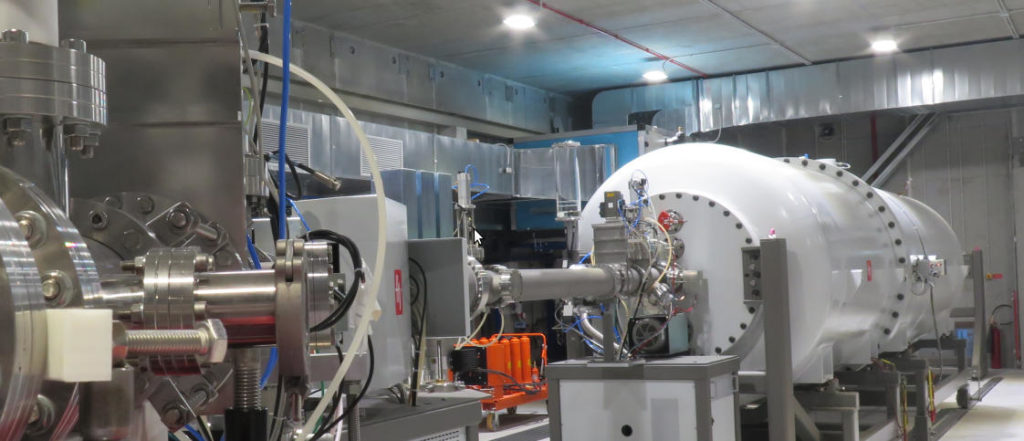
The inclusion of the Bellotti IBF is pending final approval by the European Commission. Prospective users are already now asked to submit proposals for the ChETEC-INFRA collection date on August 17, 2024. These proposals will be evaluated by two boards in parallel: the ChETEC-INFRA User Selection Panel, and the Bellotti Program Advisory Committee. If both committees approve the proposal, and the EU approves the inclusion of Bellotti in ChETEC-INFRA, beam time and travel support will be provided.
Nuclear Astrophysicists meet for 4th ChETEC-INFRA General Assembly and TA User Meeting in Strasbourg
On May 27 and 28, the ChETEC-INFRA consortium met in Strasbourg. Hosted by IPHC, the 4th General Assembly brought together consortium members and nuclear astrophysicists from outside the consortium, to discuss developments in nuclear astrophysics and catch up on developments of the Research and Networking activities within ChETEC-INFRA, as well as the Infrastructures in the project.
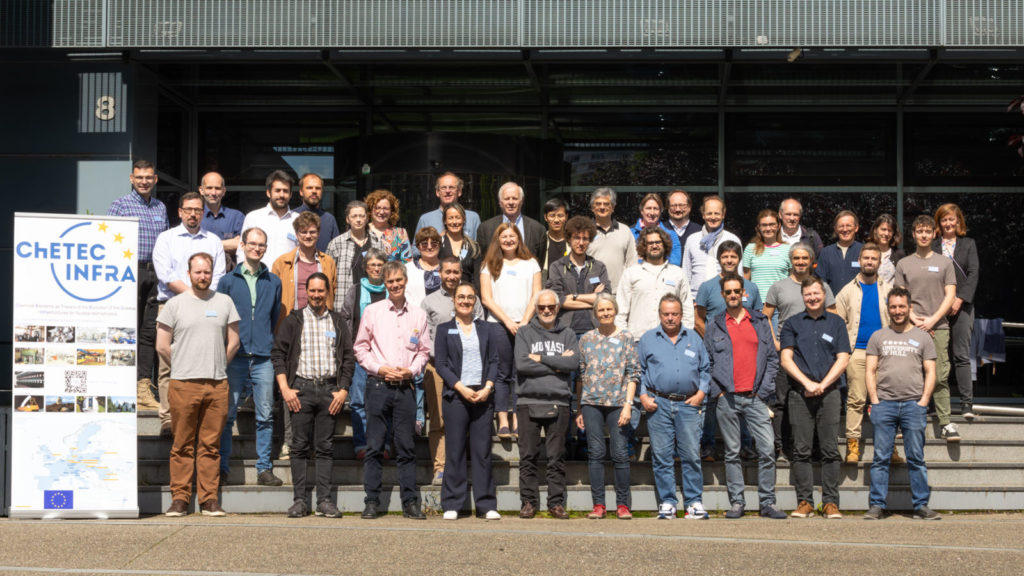
Opening with an overview of the project, Day 1 of the meeting offered a mix of scientific presentations from project partners and invited nuclear astrophysics researchers, as well as news from the Europlanet 2024 RI Network, and the formal session of the General Assembly. After a long day of presentations and discussions, the University of Strasbourg’s planetarium offered a very fitting environment to continue the scientific exchange on topics of the Universe.
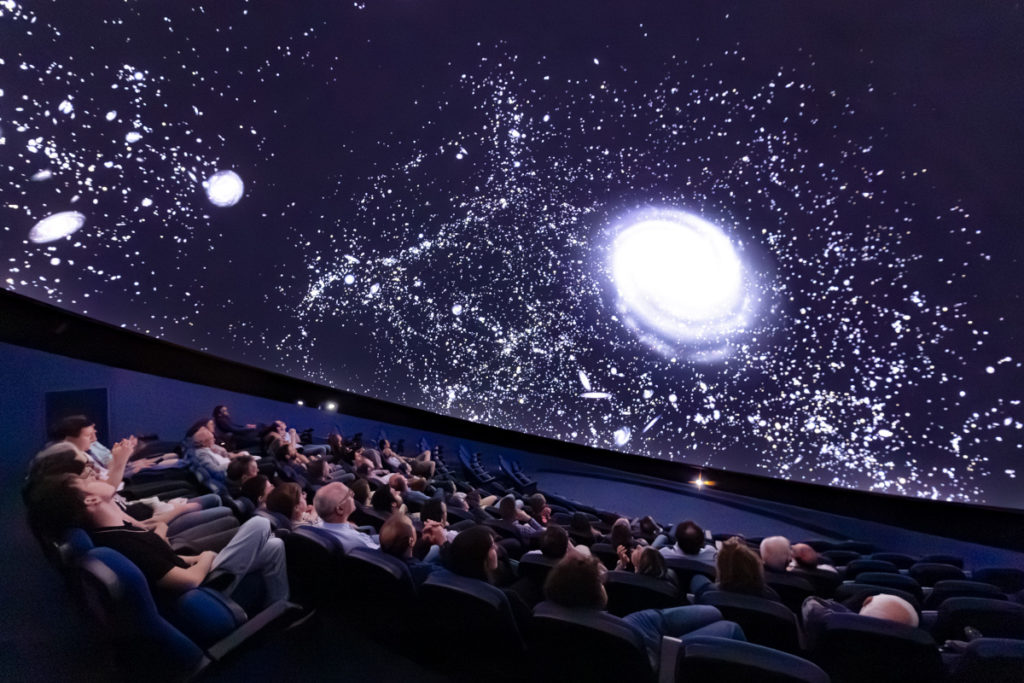
Progress reports of the ChETEC-INFRA Work Packages, and the Transnational Access (TA) User Meeting formed the program of day 2. The TA meeting offered the opportunity to exchange experiences and collect feedback on the TA program between facility representatives, TA users and User Selection Panel members.
About 60 participants joined the hybrid meeting. A detailed program and material of the presentations is available on the meeting web page.
